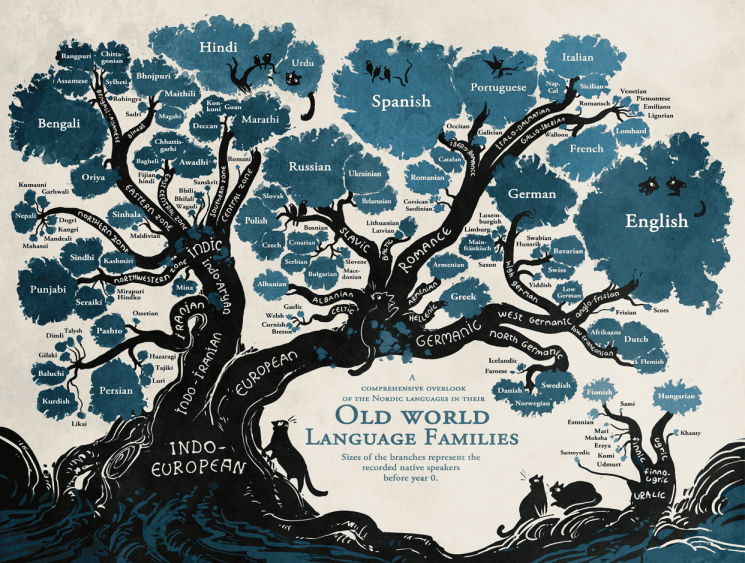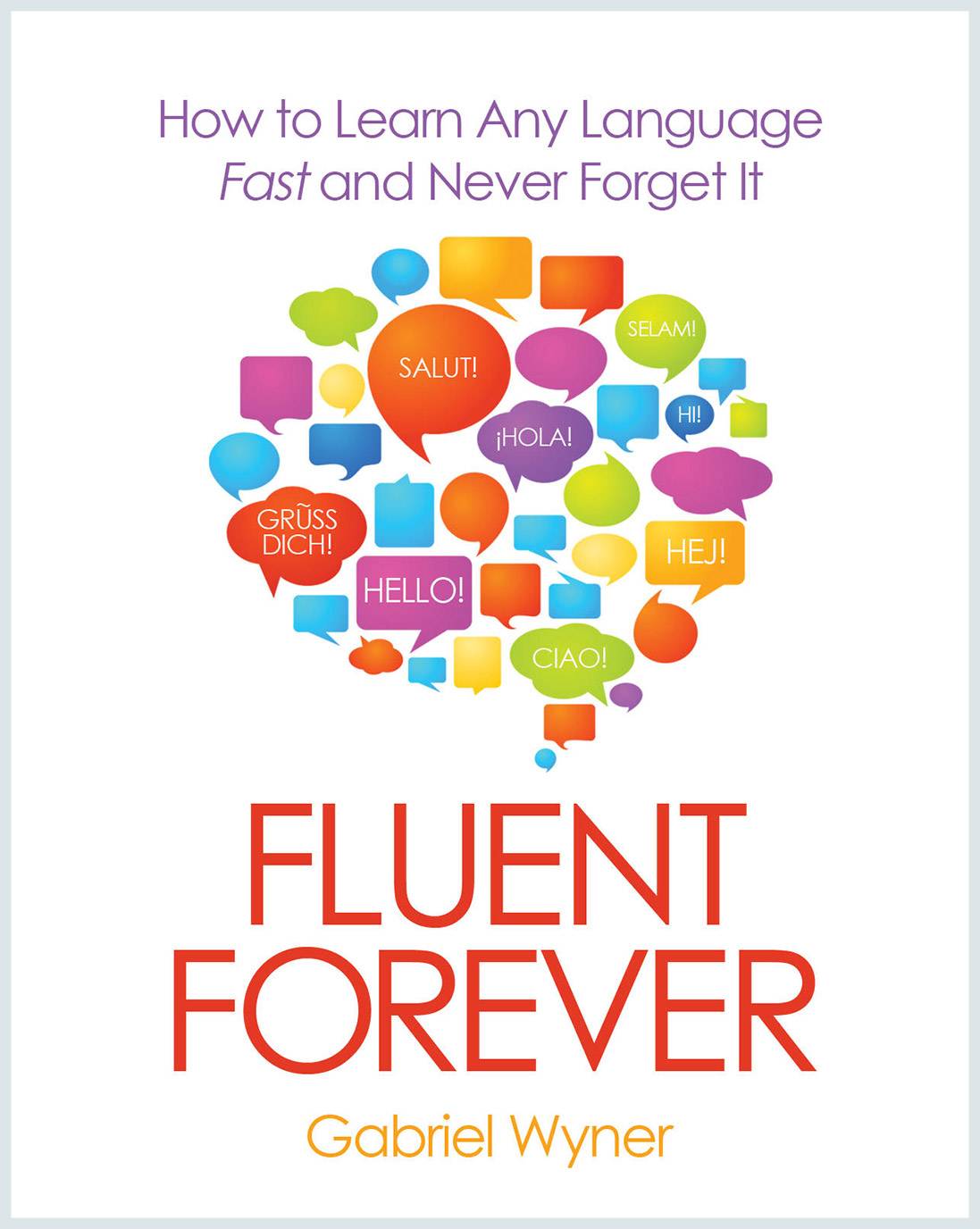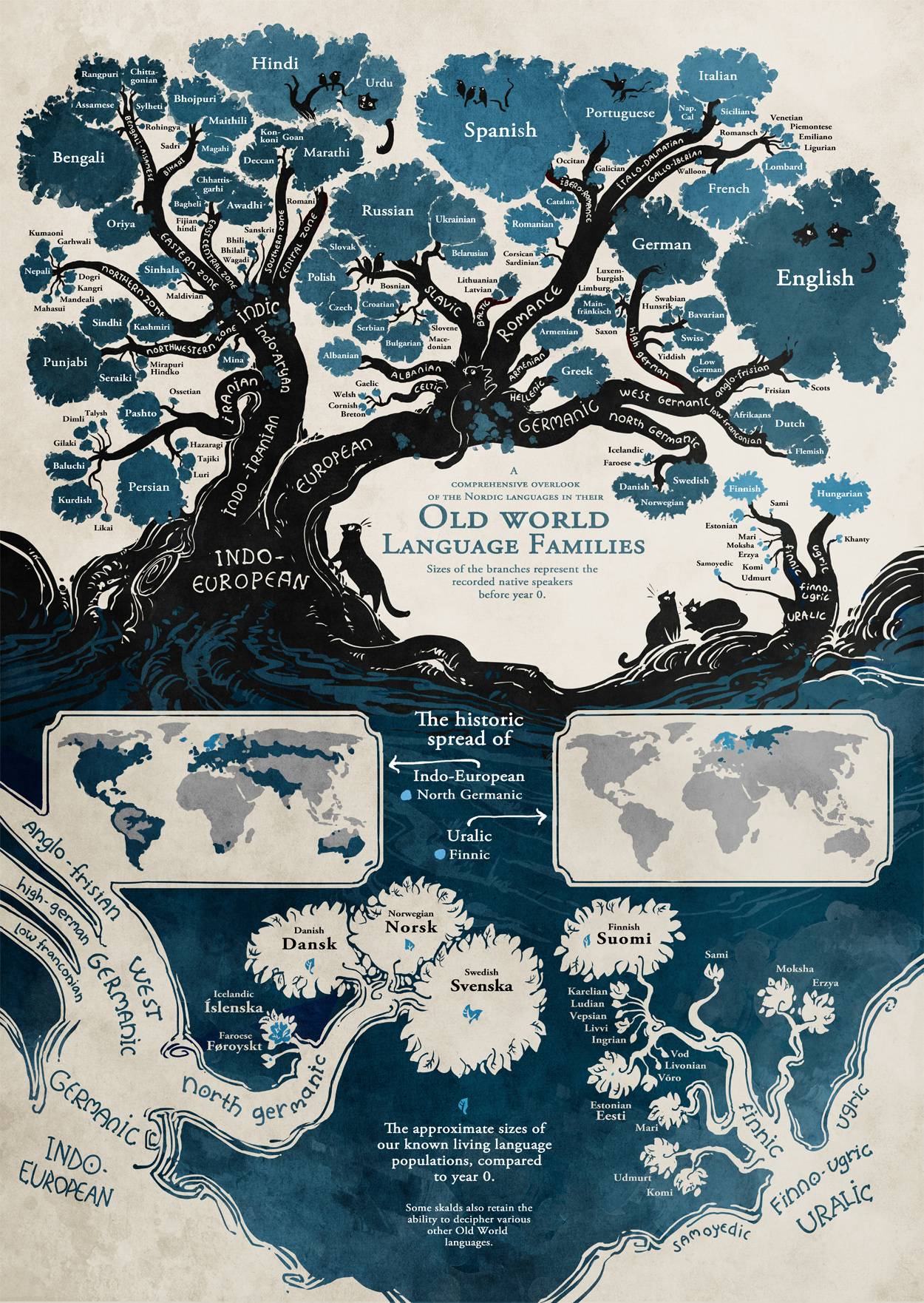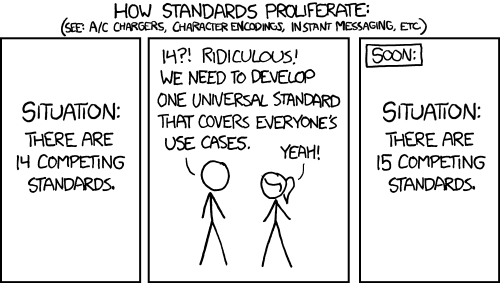Fluide Pour Toujours
Fluent Forever
A one-size-fits-all approach to language? Or an inevitable ride to burnout city?


Gabe who?
Gabriel, writer and founder of Fluent Forever (book and app), was an opera singer. Why is this important? Well among other things, his job required him to have excellent pronunciation in several languages. This not your traditional self-help book from entrepreneurs denying their Survival bias . . . or is it?
hucksterism
The principle of FF
To really learn a language, you need to build connections to all aspects of the word - spelling, sound, meaning, and personal connection.
1. Sounds (1-3 weeks)
2. A set of common words using pictures (1-2 months)
- Google the images instead of your native translations.
- Make Anki cards as a part of the learning process.
3. Grammar and abstract words (2-3 months)
Your now trained vocabulary will make grammar easier.- Learn forms with sentences and your native translation.
- Google the images instead of your native translations.
- Make Anki cards as a part of the learning process.
Then on, pursue fluency by immersion in said language.
Sounds good?
It does. And if we are to go by the millions of copies sold, they work good too. But digging deeper into this “new method” things get a lot less surprising.
The Questionable.
Outside of tricking laymen into linguistic best practices (e.g. learn the IPA, learn the phonology of your target language, train on minimal pairs), Gabe uses techniques with various degrees of empirical backup that seem to have worked for him. Fixating on a set of words and trying to perfect the pronunciation before touching grammar rules or reading feels inefficient. Especially when reading as effective for retention and comprehension.
A Meta-Analysis of Reading and Listening Comprehension Comparisons
- Review of Educational Research
The Bad.
Program Optimizaton
Gabe's Anki decks is (atleast seems to be) optimized for European Languages. For example, Japanese and Korean "600 word decks" have words common to a English tongue. The set of most used words for Indo-Europian languages isn't the same as Sino-Tibetian languages in the real world. This misrepresentation goes against their ethos of effeciency and fluency.
Anki (Spaced Repition Software) Burnout
Gabe also encourages people to make their own detailed Anki cards as part of the learning process, without using your native language. I wont spend time discribing how monotone and tideous that is in practice; you will hear enough from others on the internet.

The Ugly.
The FluentForever app lives in an unoriginal walled garden which holds its user’s data hostage. Add the fact that it was competing with a much powerful and opensource Anki, it was destined to fail. For an overnight kickstarter success, its a cliché really.
Dénouement
There is no perfect way to learn language. The original book from Gabriel stayed true to its self by not promising perfection. While many dont agree with his mathematization of language, he was upfront with the effort required to keep up with it. Fluent Forever, the principle, calls to put pronunciation, and audio acclimation in its highest priority. And for the right people, that can be good of a tip as any.
can be
